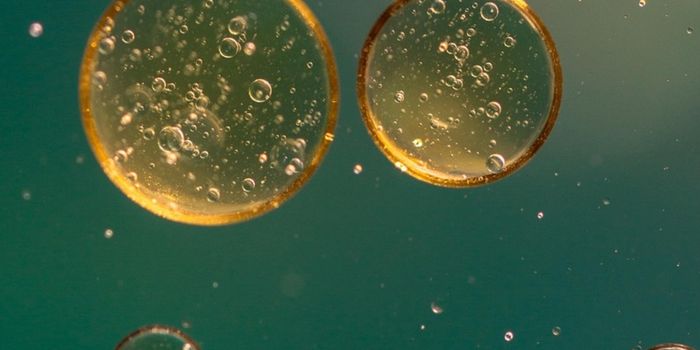Can Too Much Blue Light Blind You?
Blue light is all around us in the digital devices we use. From cell phones and tablets to laptops and video games, the amount of blue light the average person is exposed to every day can add up to dangerous levels.
A new study from researchers at the University of Toledo suggests that all this exposure to digital light sources could lead to more cases of macular degeneration, a common cause of blindness in the US.
Dr. Ajith Karunarathne is an assistant professor in the UT Department of Chemistry and Biochemistry and the lead author of the study. He explained, “We are being exposed to blue light continuously, and the eye's cornea and lens cannot block or reflect it. It's no secret that blue light harms our vision by damaging the eye's retina. Our experiments explain how this happens, and we hope this leads to therapies that slow macular degeneration, such as a new kind of eye drop."
What happens in the eye when we look at something? Cells on the retina called photoreceptor cells process the visual stimuli and signal the brain. A molecule called retinal causes the photoreceptor cells to work. Without it, the cells that line the retina and signal the brain will not begin that process; retinal is mostly like an ignition switch for sight. Without it, the eyes don’t signal the brain. In macular degeneration, the photoreceptor cells die, and vision is lost.
The researchers at UT found that shining blue light on retinal causes it to malfunction, in a bad way. Rather than triggering the photoreceptor cells, blue light causes retinal to create molecules in the photoreceptor cells that are deadly. When these molecules cause enough photoreceptor cells to die, vision is impaired and eventually blindness results. Photoreceptor cells are finite. Once they are gone, the body does not regenerate them, so keeping them healthy and functional is vital.
The team did look at other types of light including green, yellow as well as exposing different types of cells to blue light. There was no toxicity when other colors of light were used, but blue light killed every cell exposed to it. The team did find that a molecule called alpha-tocopherol, stops photoreceptors cells from dying, but as people age, the numbers of these molecules decrease. With the natural aging process and increased exposure to blue light combined, the team at UT fears that more cases of blindness will result. Karunarathne explained, "Every year more than two million new cases of age-related macular degeneration are reported in the United States. By learning more about the mechanisms of blindness in search of a method to intercept toxic reactions caused by the combination of retinal and blue light, we hope to find a way to protect the vision of children growing up in a high-tech world." Check out the video included to learn more about the research.
Sources: University of Toledo, Scientific Reports









